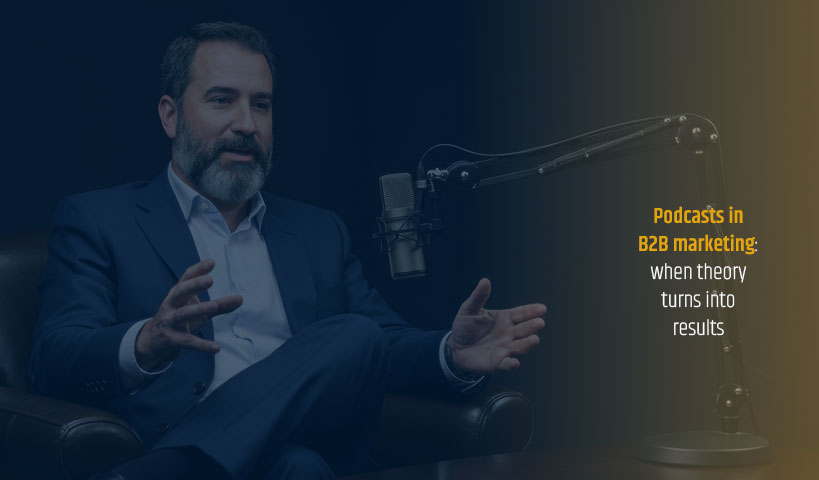Originated from Web 2.0, inbound marketing has been, for 10 years now, on all marketing shareholders lips. It concerns both the marketing process and sales process. Indeed, it allows us to generate leads or qualified sales leads, but it also involves converting them into customers or even, gaining their loyalty.
Inbound marketing consists of making available, through different channels (blogs, social networks), added-value content that will attract a predefined target.
What makes it worth it?
The advantage of inbound marketing compared to outbound marketing is based on different elements. Here are a few:
- Greater efficiency
- A lower cost per lead; up to 62% lower than in traditional marketing
- A non-intrusive relationship that generates one to one dialogue and engagement
- An accurate measurement
Inbound and outbound, two complementary approaches
In general, most modern approaches mean the other approaches are out of the picture; well, not for inbound marketing. Indeed, attracting a target with content takes time. Coupling inbound marketing with outbound marketing will be beneficial for the company as it will optimize time.
Here are some concrete activities of traditional marketing that we recommend carrying out jointly with the activities of inbound marketing:
- Customer Newsletters: Considered as the 4th most effective marketing tactic for content (2010 B2B Content Marketing Benchmarks, Budgets and trends Survey), newsletters are a perfect marketing tool to share educational, institutional, informational or shopping content. They are also an opportunity to create a stronger relationship with its customers and to remind its prospects of them.
- Invitation Emails to professional events: email campaigns are a very efficient and cost effective way to reach a target audience, with a high conversion rate (see Eastpack case study).
More than these two examples, the majority of traditional marketing tactics can provide a good boost to inbound marketing. It would be a shame to miss out!




